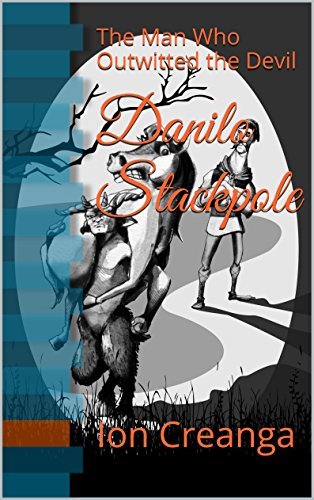Dac-ar fi să aleg dintre poveștile și povestirile autorului una care să-mi placă mai puțin, Dănilă ar avea șanse bune, la concurență cu Povestea unui om leneș. Și aceasta dintr-un simplu motiv, poate pueril, dar suficient de pregnant încât să persiste în timp și după aproape 50 de ani. Personajul principal.
Leneș, amărât, naiv și suficient de prostănac încât să se aleagă (în urma unor repetate trocuri, unul mai tembel decât precedentul) cu o pungă goală în schimbul unei perechi de boi, Dănilă este prototipul fratelui mai slab, sortit să nu se descurce de fel în viață. Se pare însă că atâtea defecte aduc după ele și o doză mare de noroc, de care nu este străin un personaj de altfel destul de drag autorului: Scaraoțchi. Spunându-vă doar că povestirea are un happy-end, vă las în compania unui fragment amuzant:
"– Na-ţi, mă, bani! zise dracul trimis; şi să te cărăbăneşti de aici; că, de nu, e rău de tine!
Prepeleac se uită la cruce, se uită la drac şi la bani… dă din umeri ş-apoi zice:
– Aveţi noroc, spurcaţilor, că-mi sunt mai dragi banii decât pusnicia, că v-aş arăta eu vouă!"

